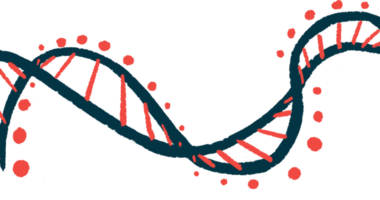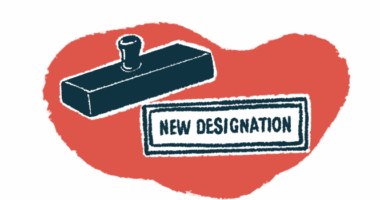PPMD Matching Donations Through Dec. 31 for Gene Therapy in Duchenne

Through Dec. 31, Parent Project Muscular Dystrophy (PPMD) will match all donations to expand its ongoing Gene Therapy Initiative in an effort to raise $400,000 to fund research projects seeking to advance gene therapy as a treatment for Duchenne muscular dystrophy (DMD).
Gene therapy has been increasingly studied as a promising therapeutic approach for the treatment of diseases like DMD. Over the years, PPMD has supported virtually all new therapies approved for DMD. To demonstrate that the organization trusts gene therapy will lead to new important advances, earlier this year the nonprofit launched its most ambitious effort so far – its Gene Therapy Initiative.
The initiative was kicked off with an investment of $250,000 into Dr. Eric Olson’s work, at UT Southwestern Medical Center. The grant was awarded to support Olson’s ongoing study of CRISPR/Cas9 technology as a potential treatment for DMD.
CRISPR/Cas9 technology allows researchers to edit parts of the genome by removing, adding, or changing sections of the DNA sequence.
Olson’s work brought focus to essential questions like “are there potential off targets with CRISPR?” or “how stable and efficient are the proteins produced by CRISPR?” to advance the project into the next level of therapeutic development.
Also in January, PPMD provided its largest single grant, of $2.2 million, to Dr. Jerry Mendell and Dr. Louise Rodino-Klapac at Nationwide Children’s Hospital to further their exploration of microdystrophin gene transfer, another type of gene therapy.
Mendell and Rodino-Klapac’s research explored a microdystrophin gene transfer via an AAV delivery in DMD to test the potential of using microdystrophin as a dystrophin restoration strategy but also to give an idea as to how well AAV delivery in general might work in DMD.
The investment allowed the team to conduct a Phase 1 clinical trial designed to answer questions like, “how well does the virus deliver systemically?” or “is there an immune response induced by the virus or the microdystrophin produced?” to help the medical community maximize knowledge of safety and efficacy of this gene therapy.
Since the Phase 1 trial, Mendell and Rodino-Klapac received investigational new drug (IND) approval from the U.S. Food and Drug Administraiton (FDA) for their progress.
Besides focusing on CRISPR/Cas9 technology and microdystrophin gene transfer, PPMD’s Gene Therapy Initiative is also investing in GALGT2 as another strategy for tackling DMD.
The GALGT2 program, led by Drs. Kevin Flanigan and Paul Martin at Nationwide Children’s Hospital, in collaboration with Sarepta Therapeutics, is advancing to dose its first patient.
This gene therapy strategy is different than the microdystrophin approach because it does not work to replace dystrophin. Instead, it encourages the over-production of a protein that in turn produces other proteins, such as utrophin, that are important in muscle membrane stabilization and leads to improved muscle function. This therapy has the potential to be suitable to all individuals with DMD.
If you donate through the end of the year, PPMD will double your gift to take the community closer to its goal of expanding the Gene Therapy Initiative, and ultimately to a world without DMD. Your donation is tax-deductible.






